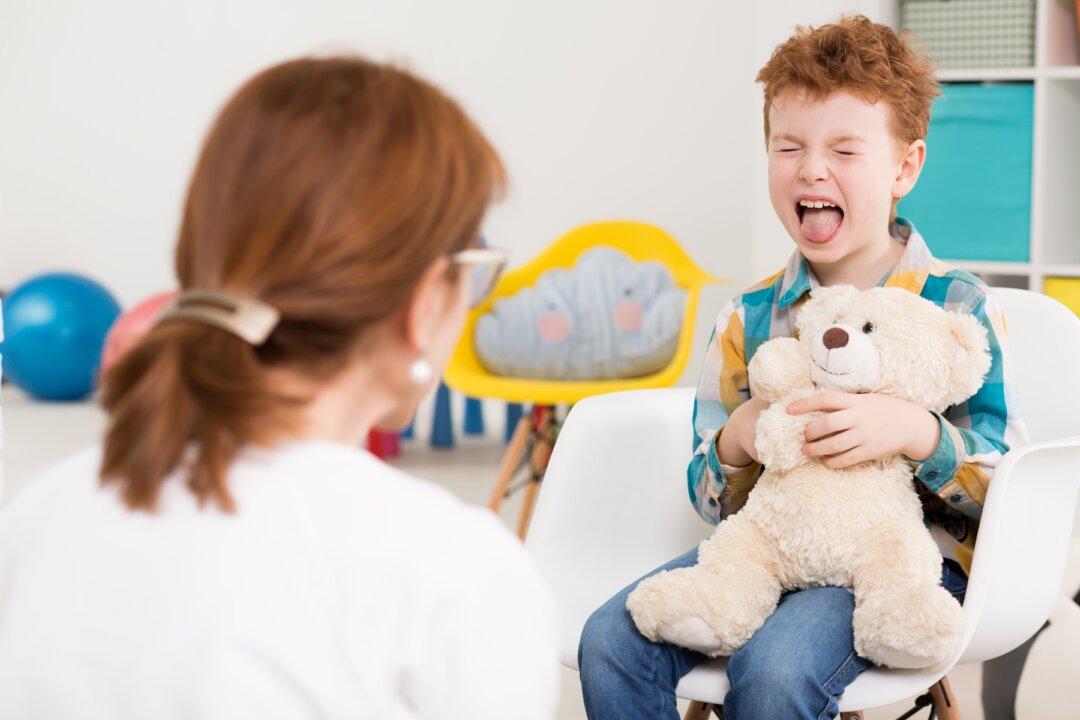During my daughter’s challenging first year of school, we discovered how much effort it took her to sit and learn.
She was the youngest in her class, placing her at higher risk of being diagnosed with attention deficit hyperactivity disorder (ADHD).

During my daughter’s challenging first year of school, we discovered how much effort it took her to sit and learn.